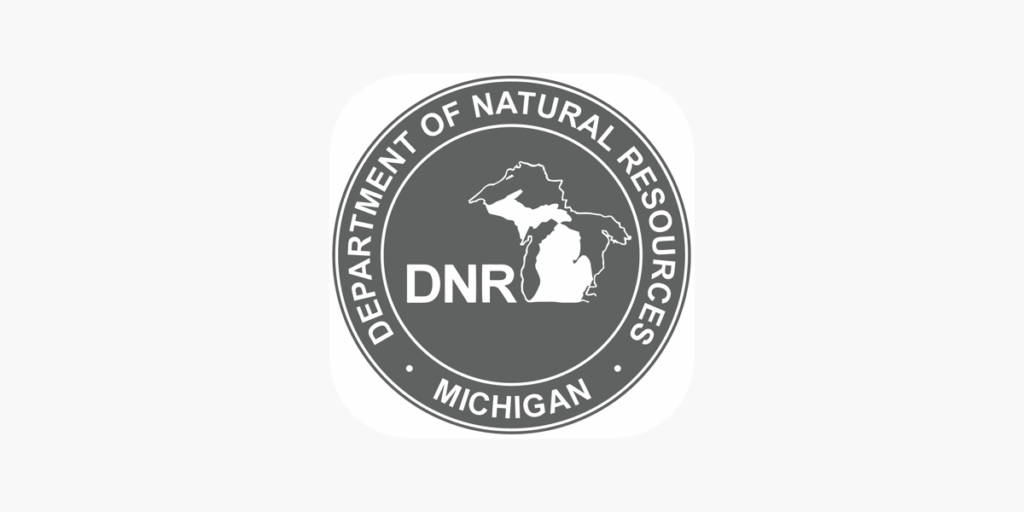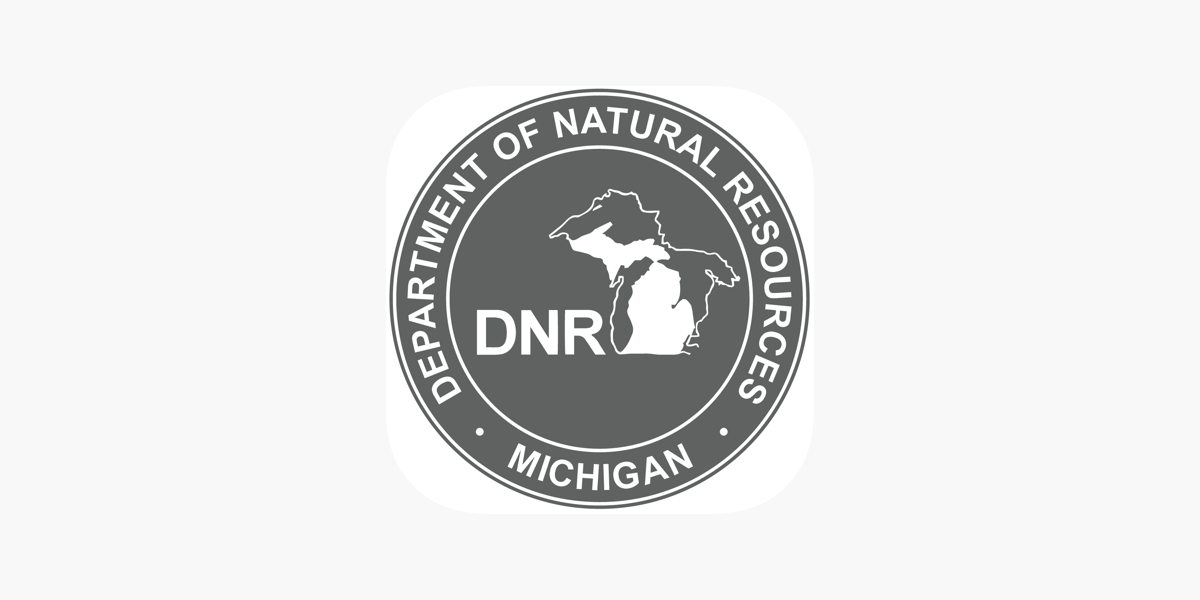
Your Comprehensive Guide to Obtaining a Michigan Fishing License
Michigan, with its abundant freshwater resources, offers unparalleled fishing opportunities. From the Great Lakes to inland rivers and streams, anglers flock to the Wolverine State to cast their lines. However, before you embark on your fishing adventure, understanding and obtaining a valid Michigan fishing license is crucial. This comprehensive guide will walk you through everything you need to know about Michigan fishing licenses, from types and costs to where to purchase them and the regulations you need to follow.
Why You Need a Michigan Fishing License
A Michigan fishing license is not just a piece of paper; it’s a legal requirement for anyone 17 years of age or older who intends to fish in Michigan’s public waters. The revenue generated from license sales directly supports the Michigan Department of Natural Resources (DNR) in its efforts to conserve and manage the state’s fisheries resources. This includes habitat restoration, fish stocking programs, and law enforcement to protect against illegal fishing practices. By purchasing a Michigan fishing license, you are contributing to the long-term sustainability of Michigan’s aquatic ecosystems.
Types of Michigan Fishing Licenses
The Michigan DNR offers a variety of Michigan fishing licenses to cater to different needs and preferences. Here’s a breakdown of the most common types:
- Resident Annual Fishing License: This is the standard license for Michigan residents valid for the entire fishing season (April 1st to March 31st of the following year).
- Non-Resident Annual Fishing License: Similar to the resident license, but for individuals who reside outside of Michigan.
- Senior Fishing License: Discounted rates are often available for senior citizens (typically 65 years or older). Check with the DNR for specific age requirements and discounts.
- 24-Hour Fishing License: A short-term option for those who only plan to fish for a single day.
- 72-Hour Fishing License: A three-day license, ideal for weekend fishing trips.
- All-Species Fishing License: This license allows you to fish for all legal species in Michigan waters.
- Combo Hunting and Fishing License: For those who enjoy both hunting and fishing, a combo license can save you money.
- Military Fishing License: Discounted or free licenses may be available for active duty military personnel and veterans. Check with the DNR for eligibility requirements.
Michigan Fishing License Cost and Fees
The cost of a Michigan fishing license varies depending on the type of license, residency status, and age. It’s important to consult the official Michigan DNR website or a licensed vendor for the most up-to-date pricing information. Generally, resident licenses are less expensive than non-resident licenses. Short-term licenses (24-hour and 72-hour) are also more affordable options for occasional anglers. Keep in mind that there may be additional fees associated with certain licenses or permits, such as a trout and salmon stamp, if you plan to target those species.
Where to Buy a Michigan Fishing License
Purchasing a Michigan fishing license is convenient and accessible. You can obtain a license through the following channels:
- Online: The easiest and most convenient way is through the Michigan DNR’s online license sales system. You can purchase your license from the comfort of your own home and print it out immediately.
- Licensed Retailers: Many sporting goods stores, bait shops, and other retailers throughout Michigan are authorized to sell Michigan fishing licenses.
- DNR Customer Service Centers: Visit a DNR customer service center in person to purchase your license and get assistance with any questions you may have.
Required Information for Purchasing a Fishing License
When purchasing a Michigan fishing license, you will need to provide certain information, including:
- Full Name
- Date of Birth
- Address
- Driver’s License or State ID Number
- Social Security Number (required for some licenses)
- Eye Color
- Height
Make sure to have this information readily available when you go to purchase your license to expedite the process.
Fishing Regulations in Michigan
Obtaining a Michigan fishing license is only the first step. It’s equally important to familiarize yourself with the state’s fishing regulations. These regulations are designed to protect fish populations and ensure sustainable fishing practices. Key regulations include:
- Fishing Seasons: Different species have different open and closed seasons. Be sure to check the regulations for the specific species you are targeting.
- Size Limits: There are minimum and sometimes maximum size limits for certain fish species. Any fish that fall outside of these limits must be released.
- Bag Limits: Bag limits restrict the number of fish you can keep per day.
- Gear Restrictions: Certain types of fishing gear may be prohibited or restricted in certain areas.
- Location Restrictions: Some areas may be closed to fishing altogether, or may have special regulations in place.
- Catch-and-Release Regulations: Some waters may have catch-and-release only regulations, meaning that all fish caught must be released back into the water.
The Michigan DNR publishes a comprehensive fishing guide annually, which contains all of the current regulations. You can find this guide online or at any location where Michigan fishing licenses are sold. It is your responsibility to be aware of and comply with all applicable regulations.
Consequences of Fishing Without a License
Fishing without a valid Michigan fishing license is a violation of the law and can result in fines, penalties, and even the confiscation of your fishing gear. Conservation officers regularly patrol Michigan’s waters to enforce fishing regulations. Ignorance of the law is not an excuse, so make sure you have a valid license and are familiar with the regulations before you start fishing. [See also: Michigan DNR Enforcement]
Tips for Responsible Fishing in Michigan
Beyond simply complying with the regulations, there are several things you can do to be a responsible angler and help protect Michigan’s fisheries resources:
- Practice Catch and Release: When possible, release fish back into the water, especially if they are close to spawning size or if you have already reached your bag limit.
- Use Proper Handling Techniques: If you plan to release a fish, handle it carefully to minimize stress and injury. Use wet hands, avoid touching the gills, and remove the hook quickly.
- Dispose of Fishing Line Properly: Discarded fishing line can be a hazard to wildlife. Dispose of it properly in designated receptacles or take it home with you.
- Clean Your Boat and Gear: Aquatic invasive species can be spread from one body of water to another on boats and gear. Clean your boat and gear thoroughly before moving to a new location.
- Respect Private Property: Obtain permission before fishing on private property.
- Report Violations: If you see someone violating fishing regulations, report it to the Michigan DNR.
Frequently Asked Questions About Michigan Fishing Licenses
Do I need a fishing license if I am fishing on a private lake?
Generally, you need a Michigan fishing license to fish in any public waters in Michigan. However, there are some exceptions for private lakes that are completely enclosed and not connected to any public waterways. Check with the DNR for specific regulations regarding private lakes.
How long is a Michigan fishing license valid for?
Most annual Michigan fishing licenses are valid from April 1st to March 31st of the following year. Short-term licenses (24-hour and 72-hour) are valid for the specified period.
Can I purchase a Michigan fishing license for someone else?
Yes, you can purchase a Michigan fishing license for someone else, provided you have all of the necessary information for that person.
What if I lose my Michigan fishing license?
You can usually obtain a replacement Michigan fishing license from the DNR or a licensed vendor for a small fee. [See also: Replacing Lost Fishing Licenses]
Where can I find more information about Michigan fishing regulations?
The best source of information is the official Michigan DNR website or the annual Michigan Fishing Guide.
Conclusion
Obtaining a Michigan fishing license is an essential part of enjoying the state’s abundant fishing opportunities responsibly. By understanding the different types of licenses, regulations, and responsible fishing practices, you can contribute to the conservation of Michigan’s fisheries resources for future generations. So, get your Michigan fishing license, grab your gear, and get ready to experience the thrill of fishing in the Wolverine State! Remember to always check the most current regulations before heading out and be a responsible steward of our natural resources. A valid Michigan fishing license is your gateway to unforgettable angling experiences in the Great Lakes State. Secure your Michigan fishing license today and make memories that will last a lifetime. Enjoy the beauty and bounty of Michigan’s waters with a valid Michigan fishing license in hand. Make sure your Michigan fishing license is always readily available during your fishing excursions. The purchase of your Michigan fishing license supports conservation efforts. Don’t forget to renew your Michigan fishing license each year!

